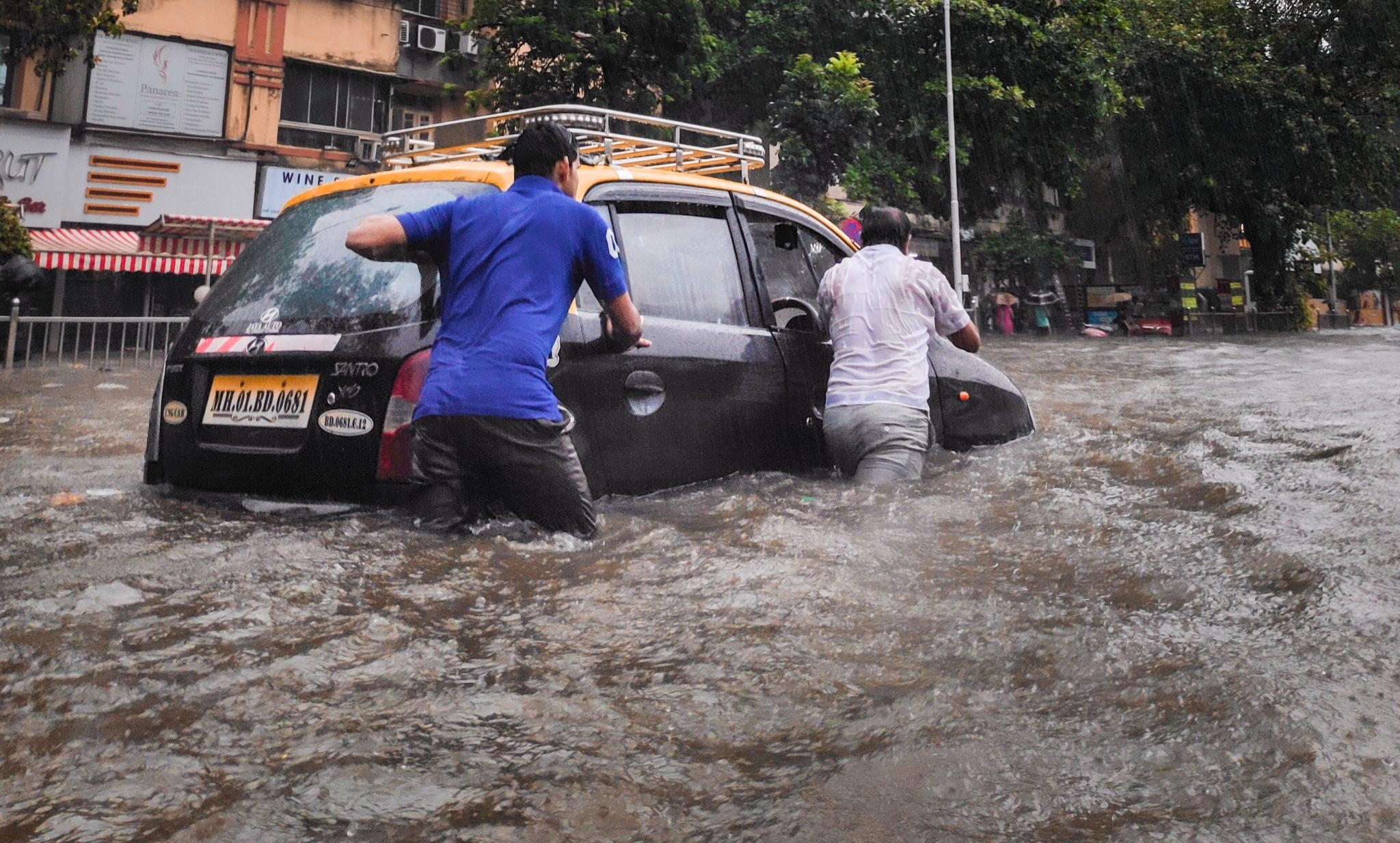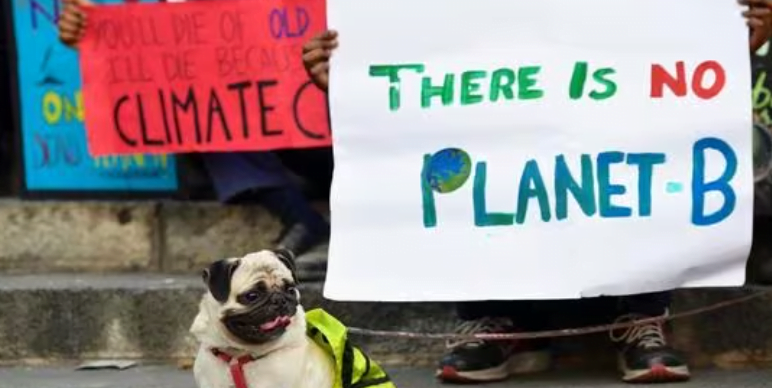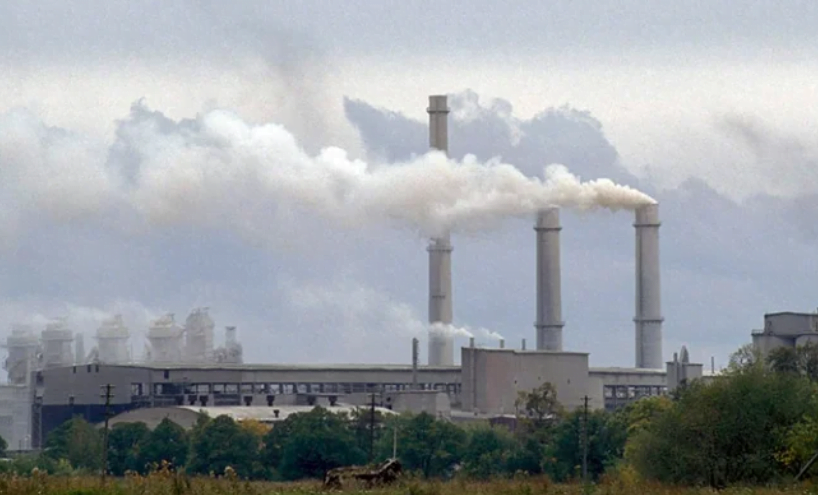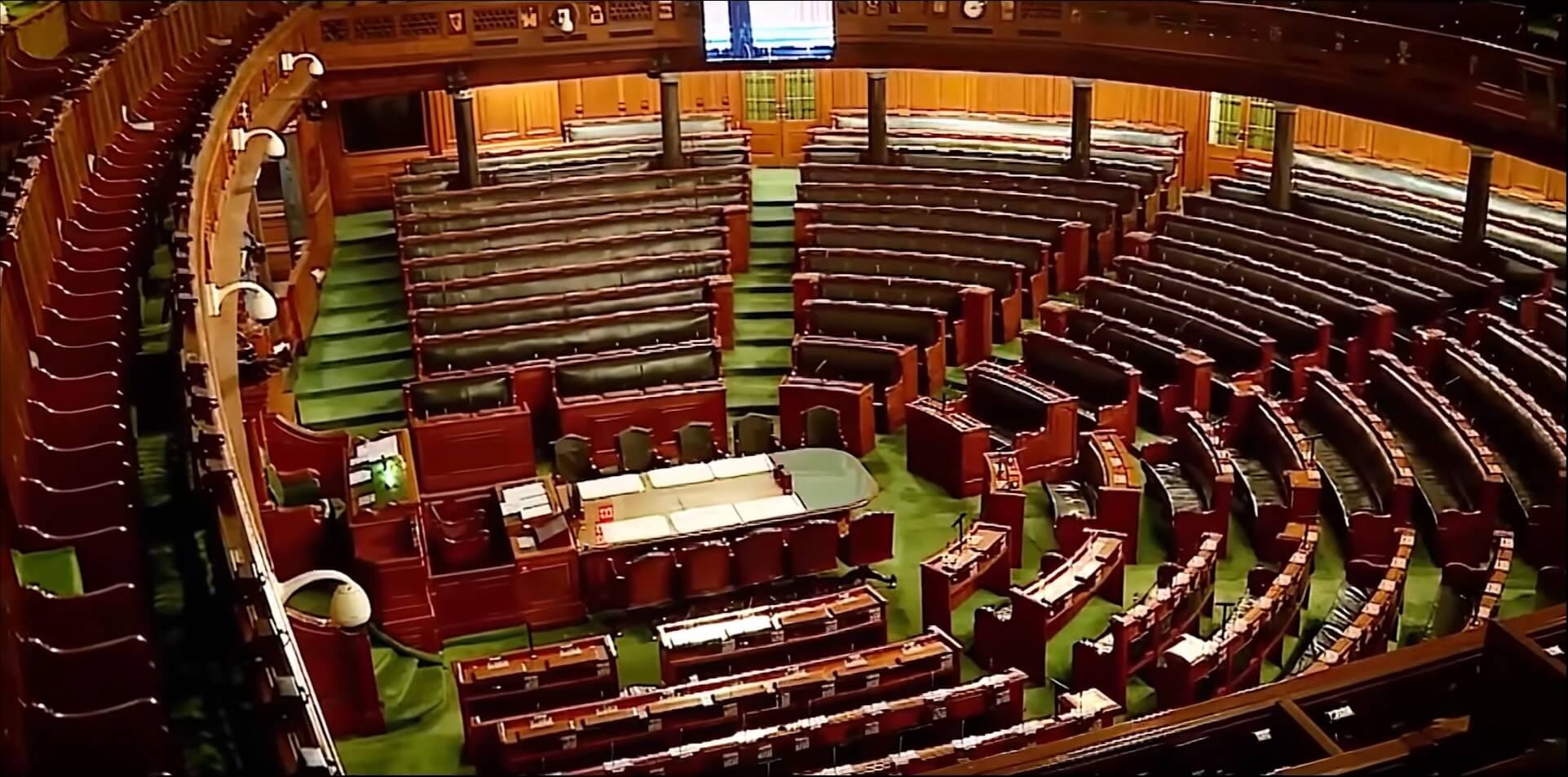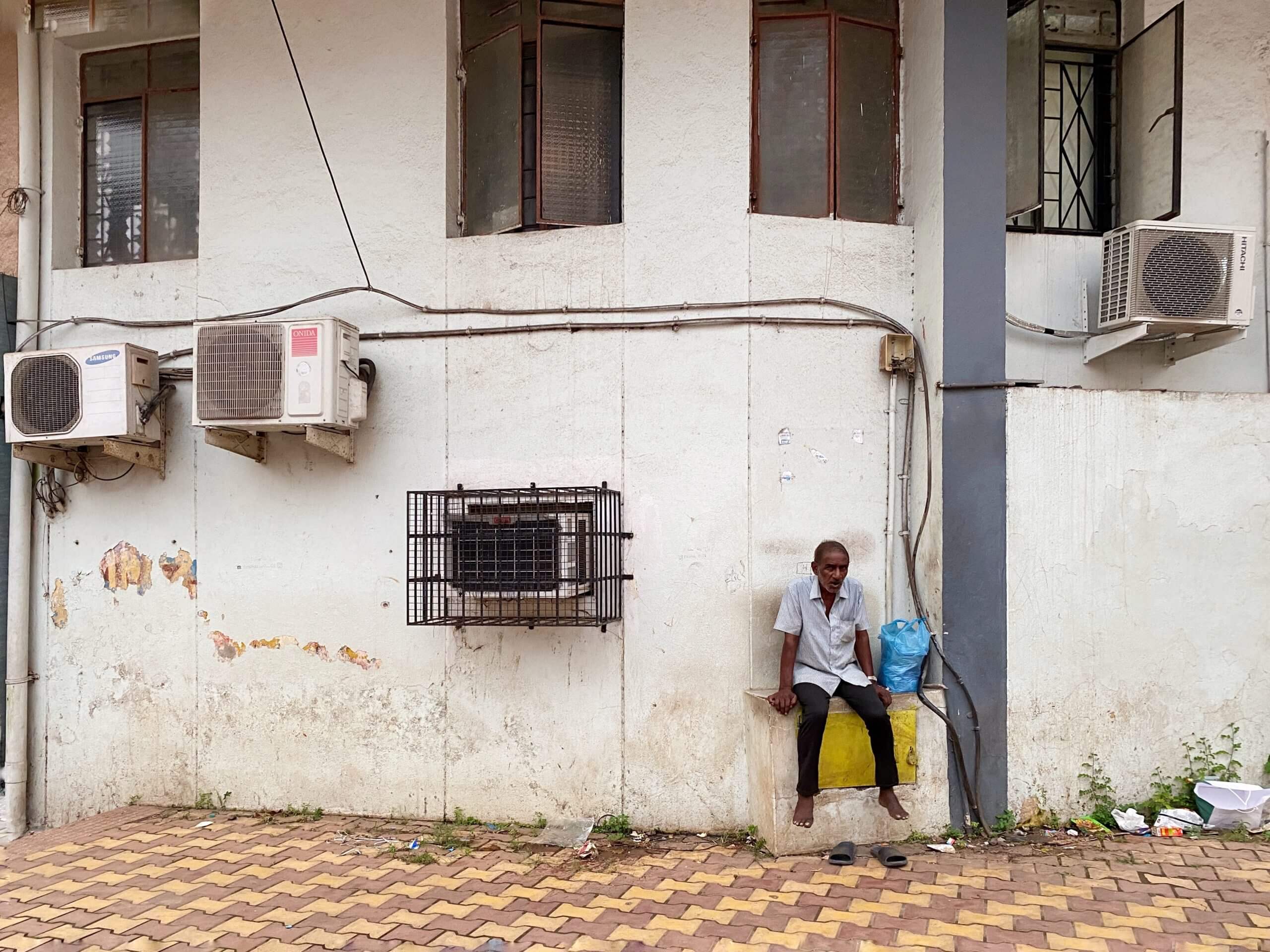Research area: Adaptation and Resilience
National climate institutions complement targets and policies
Introduction
National climate institutions are a missing element in climate mitigation discussions. Yet institutions translate ambition to current action, guide policy development and implementation, and mediate political interests that can obstruct mitigation efforts. The landscape of relevant institutions is usefully categorized around ‘purpose-built’ institutions, ‘layering’ of responsibilities on existing institutions, and unintentional effects of ‘latent’ institutions. Institutions are relevant for solving three climate governance challenges: coordination across policy domains and interests, mediating conflict and building consensus, and strategy development. However, countries do not have a free hand in designing climate institutions; institutions are shaped by national context into four distinct varieties of climate governance. We suggest how countries can sequence the formation of climate institutions given the constraints of national politics and existing national political institutions.
Read moreVarieties of climate governance: the emergence and functioning of climate institutions
Introduction
How do states respond to the challenge of climate governance? The Paris Agreement has led to heightened interest in domestic climate policies, but attention to underlying national climate institutional architectures has lagged behind. This literature gap deserves to be addressed, because climate change brings considerable governance challenges. Drawing on a collection of country studies, this paper outlines a framework to explain the path-dependent emergence of climate institutions, based on the interplay of national political institutions,international drivers, and bureaucratic structures. The resultant institutional forms suggest four varieties of climate governance, based on the extent of political polarisation and the narrative around climate politics in the country. The functioning of existing climate institutions indicates they have so far played a modest role in addressing climate governance challenges, but also illustrates their importance in structuring climate politics and outcomes, suggesting a substantial agenda for future research.
Read moreSpecial Issue on ‘Varieties of Climate Governance’ in Environmental Politics (all articles)
Introduction
Discussions in climate governance have focused on national targets and climate policies. But a critical ingredient is relatively absent: climate institutions. Yet, formal institutions are essential if countries are to devise realistic low-carbon strategies, manage the complex politics of transitions, and coordinate across diverse ministries and actors. Drawing on cases spanning eight countries – four developed and four
developing – with an analytical overview, we examine the conditions under which climate institutions emerge, the forms they take, and the governance functions they serve.
Hot and Flooded: What the IPCC Report Forecasts for India’s Development Future
States are the beating heart of climate action
Design a climate-ready governance system
Energy inefficiency can short circuit cooling India
The limits of opportunism: the uneven emergence of climate institutions in India
Introduction
India’s centrality to global mitigation efforts makes it an important point of inquiry in studies of climate governance. However, we understand little of how climate change has been institutionalized in India’s decision-making processes. We capture the emergence and decline of climate institutions over three decades, showing how political conditions have shaped institutional form. The politics of opportunism has animated institutional development. It resolves the tension between India’s global leadership ambitions and a deeply entrenched, equity focused narrative frame that rejects incurring large mitigation costs. Climate institutions have therefore been layered upon existing bodies and processes to create room for the organic, bottom-up growth of policies that meet development objectives while promoting mitigation. While this structure limits polarization around climate action, it also inhibits strategic intent, particularly because strong cross-governmental institutions have been unable to take root.
Read moreThe what, why, and how of changing cooling energy consumption in India’s urban households
Abstract
India’s urbanising middle class is at the brink of an unprecedented increase in residential cooling demand, yet little is understood about the dynamics of changing cooling consumption. Based on empirical analyses, this research examines a set of fundamental questions around India’s cooling transition. How is cooling conceptualised, and what cooling strategies do households use? How, when and why are people purchasing and using their air conditioners (ACs)? Who is buying energy-efficient ACs? Is cooling consumption gendered? Using descriptive statistics, machine learning, and regression analysis to characterise AC usage, we examine a sample dataset (n = 2092) that is representative of areas in Delhi with above-average AC penetration. We unpack perceptions of thermal comfort and characterise the conditions under which households have greater AC use and make energy-efficient purchase choices. AC usage is found to be a function of household habits (such as exposure to ACs in the workplace or schools), structural factors, and socio-demographic features. While most ACs are in the middle energy-efficiency range, preferences, behaviours and awareness around energy efficiency are found to affect AC use as well as influence the purchase of more efficient ACs. Notable gender differences are observed, and women are found to be less involved in decision-making around cooling appliances and less aware of the technical know-how or energy-efficient schemes. Policy recommendations for a low-carbon cooling trajectory are discussed.





